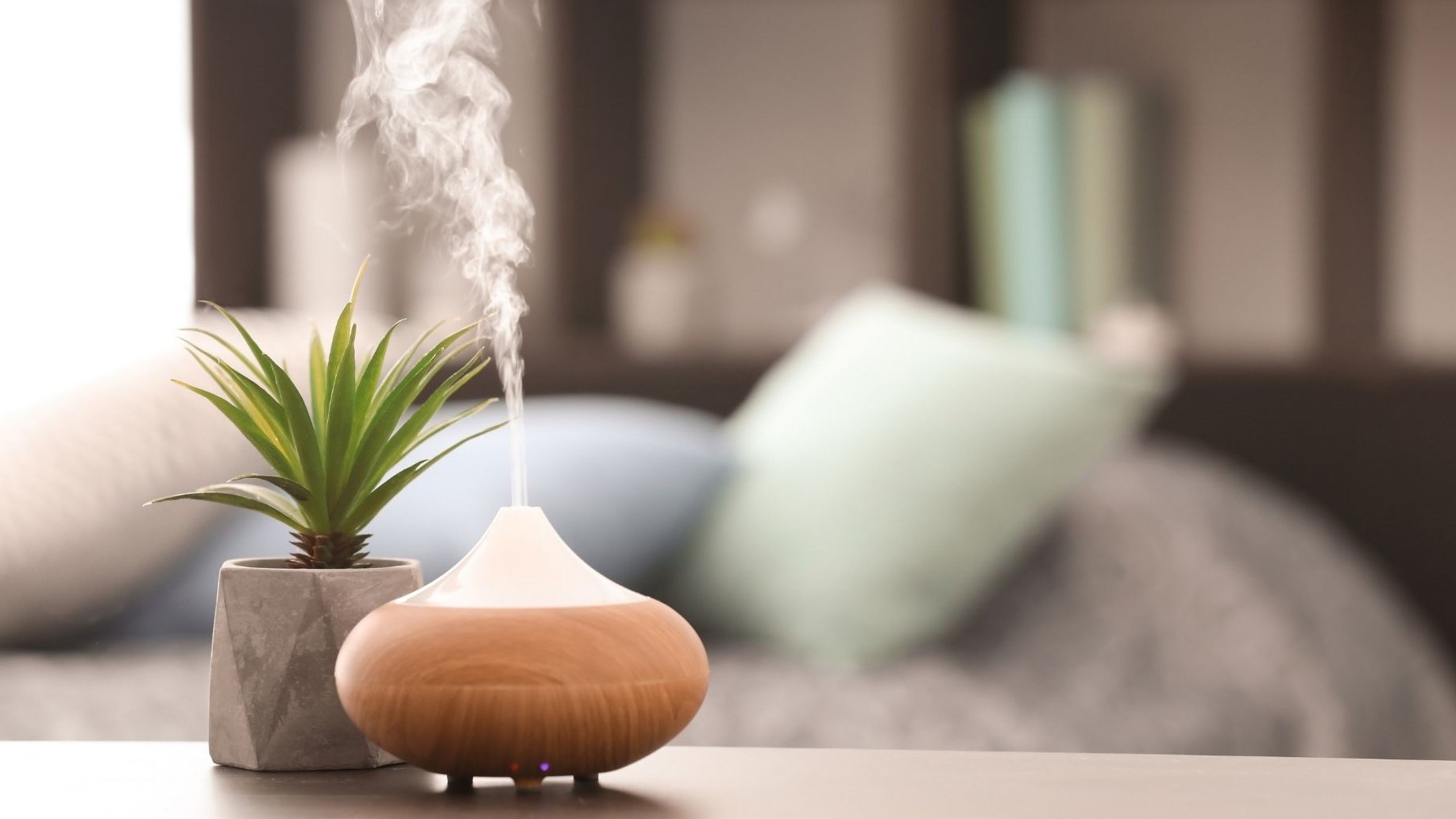Mindfulness: Why aromatherapy can help fight stress and depression
Aromatherapy – with the help of a diffuser – can actually have a plethora of benefits, including better mental health


Start your week with achievable workout ideas, health tips and wellbeing advice in your inbox.
You are now subscribed
Your newsletter sign-up was successful
Aromatherapy uses plant extracts and essential oils to promote health and well-being. It's very widely used across the world – and has been for hundreds of years –but does it have a place today, especially in home use?
The answer is yes. Although it's hardly the "cure-all" traditional medicine is was once believed to be, ,any modern scientific studies suggest that aromatherapy can be used as a complimentary therapy treatment, helping to ease feelings of anxiety, stress and depression at home using scents that encourage relaxation.
- Best diffusers for essential oils
- Natural back pain remedies: 7 easy ways to overcome pain
Researchers from the Hong Kong Polytechnic University in Kowloon examined twelve different studies analysing aromatherapy's effect on mental health. One Japanese study found the citrus fruit yuzu's aromatic effects alleviate negative emotional stress, correlating with lower production of the fight-or-flight hormone adrenaline and cortisol, which is known as the "stress hormone".
If aromatherapy can relax us, reducing the production of cortisol, it can also help us manage our weight. Higher levels of cortisol are associated with insulin resistance, which is related to spikes in our blood sugar, weight gain and Type-2 diabetes.
Indianapolis researchers also found aromatherapy can reduce anxiety and depression symptoms in postpartum women. This study used a combination of rose and lavender. two scents readily available for home diffusers.

This study used a combination of rose and lavender. two scents readily available for home use. Lavender has also been used as a way to aid sleep, often used on pillows before bedtime or included in "sleepytime" style herbal teas.
Home diffusers are probably the easiest way to get into aromatherapy at home. They're handy devices which blend essential oils with water and release them into the air as a gas. Some of the cheaper options use reeds, but the best diffusers are electric, using ultrasonic pulses to blend the oils and puff out gas at regular intervals.
Start your week with achievable workout ideas, health tips and wellbeing advice in your inbox.
The best diffuser options also have alarms and automatic timers, so you can have them prepare your room with a relaxing scent before you head to bed, an energising one as you wake up or circulate a de-stressing scent through the house just before you finish work.
Aromatherapy expert Robert Tisserand said: “Studies have shown that aromatherapy by inhalation can have real benefits for people with anxiety, depression and even menstrual pain.”
If you struggle to de-stress, sleep, require more energy or need relief from anxiety and depression symptoms, aromatherapy might be a potent tool in your arsenal.
Liked this?
Matt Evans is an experienced health and fitness journalist and is currently Fitness and Wellbeing Editor at TechRadar, covering all things exercise and nutrition on Fit&Well's tech-focused sister site. Matt originally discovered exercise through martial arts: he holds a black belt in Karate and remains a keen runner, gym-goer, and infrequent yogi. His top fitness tip? Stretch.
